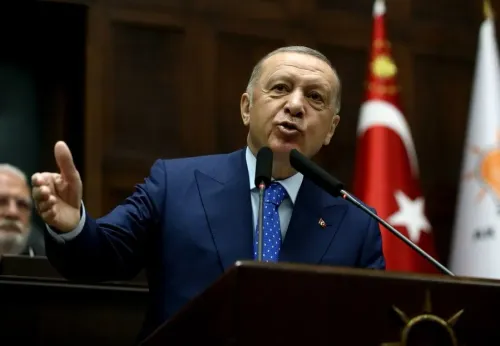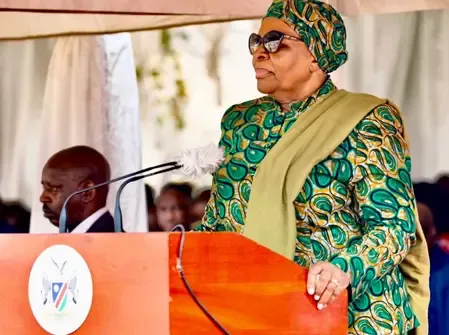Why Is Pakistan's FBR Tax Shortfall Reaching Rs 833 Billion?

Synopsis
Key Takeaways
- FBR shortfall reaches Rs 833 billion.
- Tax collection is 27 percent higher than last year.
- Government is reducing refunds and increasing taxes.
- Salaried class pays 56 percent more in taxes than last year.
- Business community protests against new taxes on essentials.
Islamabad, May 1 (NationPress) The Federal Bureau of Revenue (FBR) in Pakistan has faced ongoing challenges in meeting its targets for the past 10 months, resulting in a staggering shortfall of Rs 833 billion in the current fiscal year. This situation arises amidst a government led by Prime Minister Shehbaz Sharif, which has implemented a record number of new taxes and reduced refund practices. Analysts predict that the forthcoming budget will present significant challenges with numerous high targets to accomplish.
According to reports, the tax shortfall has surpassed the threshold established by the International Monetary Fund (IMF) by approximately Rs 190 billion. The annual revenue target of Rs 12.97 trillion set by the Pakistani government was revised by the IMF, acknowledging its unfeasibility.
Furthermore, the tax shortfall for April alone contributed an extra Rs 139 billion to the deficit, violating the guarantee made to the IMF that the shortfall would not exceed Rs 640 billion.
Statistics indicate that the FBR has collected around Rs 9.3 trillion in taxes provisionally by the end of April, reflecting a shortfall of at least Rs 833 billion. Although the tax collection surpassed the previous year by around 27 percent, it remains insufficient to maintain the needed trajectory.
Financial specialists assert that both this fiscal year and the next will be challenging regarding tax collection. This sentiment was echoed by the FBR Chairman in front of the National Assembly Standing Committee on Finance.
“There will be limited flexibility for tax relief in the budget. However, we are aiming to reduce taxes for the salaried class in the upcoming budget,” stated the FBR Chairman.
Interestingly, the salaried class has been contributing more in taxes compared to the business sector. By the end of March, the salaried class had paid a remarkable Rs 391 billion in taxes, which is 56 percent higher than the previous year and 1420 percent more than what traders contributed.
The increased taxation has incited protests from the business community, who have pointed out that the government has even levied taxes on milk products, despite the nation's nutritional deficiencies.
“We urge the intervention of the National Assembly Standing Committee on Finance to reduce the 18 percent sales tax on packaged milk, which has led to a price increase of Rs 70 per liter in the market,” demanded the Pakistan Dairy Association (PDA).









